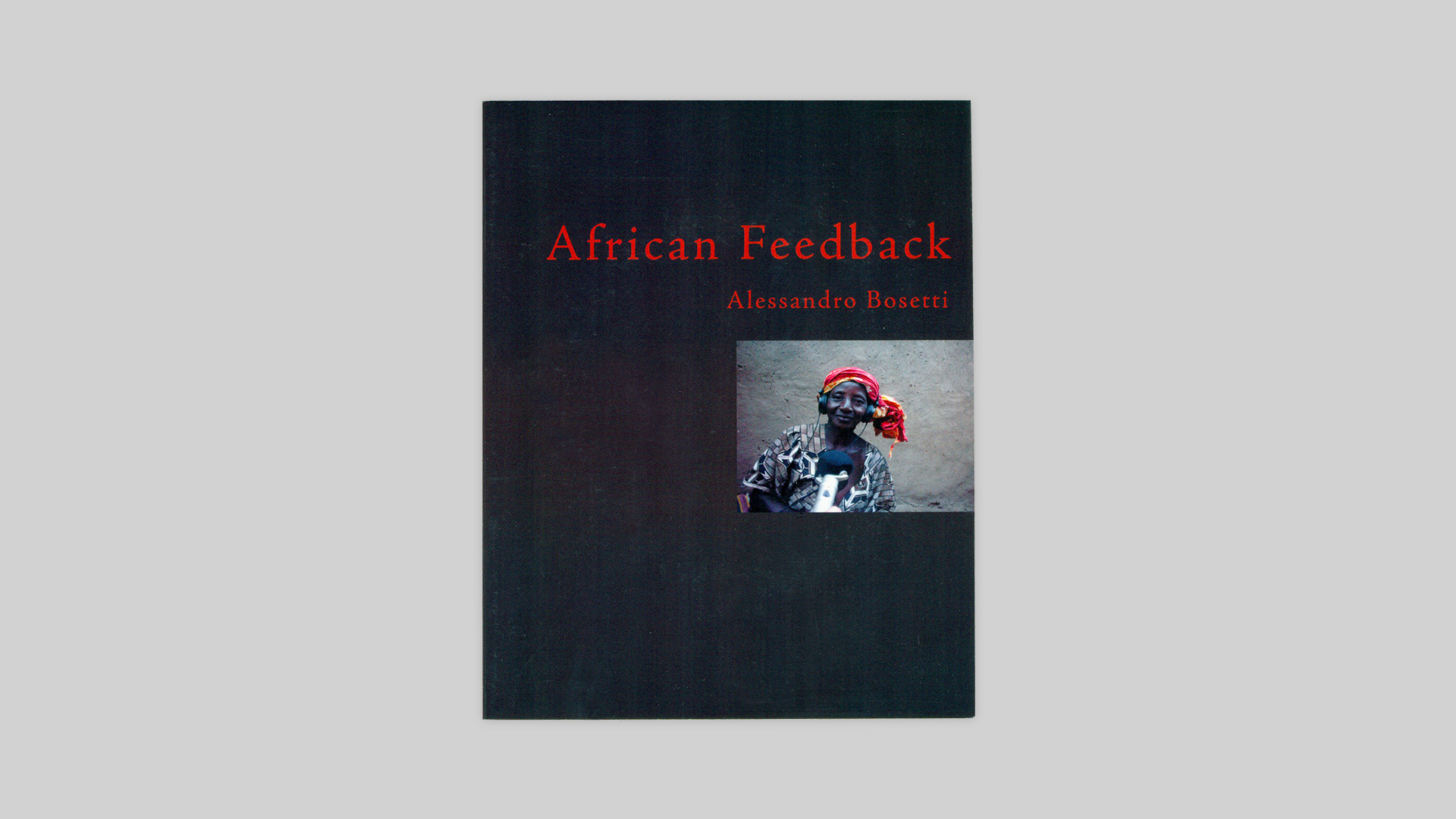
Signal to Noise, Issue #49:
Kurt Gottschalk
Topography: African Feedback Record and Book Release Event,
an Errant Bodies Press Evening
December 15, 2007
Issue Project Room,
Brooklyn, NY
Arriving a few minutes late didn’t help matters. I walked into a silent Issue Project Room in Brooklyn on a cold December night to find one man standing at the front of the room and three at desks (musicians I knew by name but not face, adding to the disorientation). At first, the three look like laptop players, but on second glance, I see that they have only pen and paper. They wrote things and the Standing Man taped their notes to the wall. “It’s quiet in here,” he said aloud. “I understand there’s a snowstorm coming. Is that true?”
By breaking the silence, Standing Man (musician and Errant Bodies Press publisher Brian Labelle, I eventually figured out) gave the audience permission to make noise: ringtones are triggered, someone began to sing, and the men at the desks wrote down the sounds they heard, the pages then stuck to the wall. And like a well-paced mystery movie, I caught on right before the reveal: We’re being recorded. The sounds we make are being documented on paper as well as on tape. The others (Alessandro Bosetti and Jarrod Fowler) got up and went to sit with the audience, and Labelle played us the recording of us listening to the room.
It’s a clever twist on Bosetti’s African Feedback book and CD – a project which found Bosetti traveling through West Africa playing experimental music for people and recording their reactions, released by Errant Bodies – seeing its official release that night. Fowler’s take involved interviewing audience members with a mike in hand while a mash of 300 African recordings blared through the PA, making the interviews inaudible.
But where Fowler intentionally undermined listener reactions, Bosetti puts a tight focus on them. His subjects listened to the recordings – works in the classican tradition (Luciano Berio, John Cage, Alvin Lucier, Olivier Messiaen, Harry Partch), free improv (Derek Bailey, Axel Dörner, Steve Lacy) and sound sculpture (Ryoji Ikeda, Incapacitants, Machine for Making Sense, Otomo Yoshihide) – through headphones, and their reactions are presented twice: in the text of the book and as a sound collage on the accompanying hour-long CD. For the most part, Bosetti doesn’t report what pieces the interviewees are listening, which is initially frustrating but ultimately makes it a more open, less literal read. When he does, however, nice revelations come about, as in the insistence that Phil Minton is singing in Arabic.
The obvious upshot is an exploration of cultural difference, and what’s refreshing about Bosetti’s listeners (as opposed to so many people in the “civilized” world) is their willingness to listen and react: It’s all good game, and only one participant discontinued the session. By the same token, there’s an overall lack of surprise among the respondents “Nobody wanted to know anything else,” he writes, “but at the same time nobody dismissed it…. They accept what seems to them to be ‘the reality of things.’”
Bosetti makes some nice discoveries along the way, such as there being one word for sing, dance or play an instrument, and that the ideas of mimicking the music they’re hearing or singing along to complement it are indistinguishable. In one of the more interesting interviews, Dounerou, a 19-year-old male in Ogol Leye, explains:
If I have my tape next to me, I put the cassette on and I jump!! This is not possible with you. … People are going to say that you are lazy, or people are going to say that you don’t know how to dance. This means you are not civilized. … This, I can say, is the music for the boss. … Someone who has a lot of money, he drinks beer and he’s listening. … The poorest of persons, they have many problems but they prefer to dance instead of sitting and listening to the music.
The project flirts with a dangerous premise, finding humor or charm in the ignorant native, the noble savage, something Bosetti owned up to in a discussion at Issue moderated by saxophonist Matana Roberts. “This is dangerous because it is like the old colonial idea that black people are like children,” he said. “I exploited them in a sense. I wanted to go out – intuitively the most out place I can think of is Africa.” The end result, however, is quite the reverse: African Feedback paints a picture of people who are open-minded and willing to speak freely. That, perhaps along with dancing, would seem to be a good mark of a civilized culture.